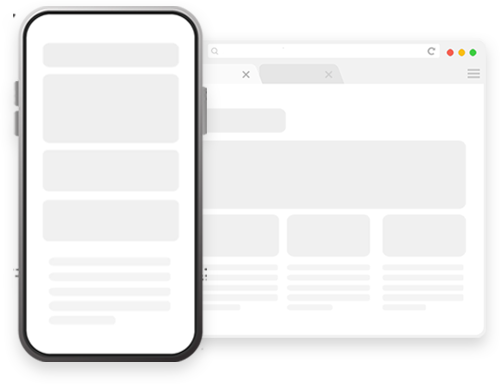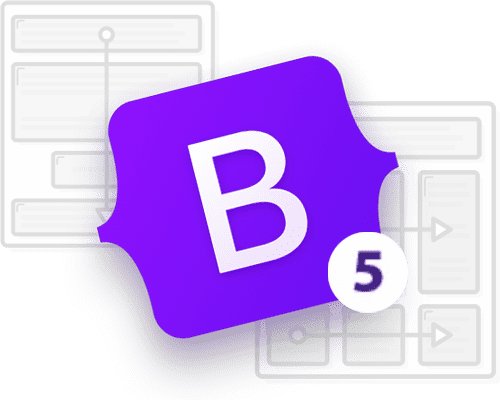Software for Core Business Needs
-
Cloud based software for anyone - individuals or teams
-
Handle projects, collect interest, feedback, and more
-
Online Cloud tools to embed in your website
-
Build your own entire website in minutes

Browser-based
It works with all popular web browsers
Flexible Tools
Use for big and small projects. Remove complexity while keeping great flexibility.
Easy to Embed
Add great features to your website with ready to go code. Just paste it into your website.
Easy to use
Easy to use tools let you focus on what you do - not learning our software.

More productivity with less effort
Immediately use our tools yourself or with a team.
Simple and intuitive design
Logical flows and building blocks
Bright and dark modes
Works in over 100 languages
Global teams can use the same tools
Over 100 Languages Supported
Work with people from around the world with a tool that supports their native languages
A Fast Software and Website Solution
-
You can register your website domain, fill out information, point DNS to us, and be online in minutes
-
Month to month or annual billing
-
Buy only the pieces you need
-
Works for teams

Why Corebizify is better
Combine expert experience in the Cloud and SaaS, certified credentials, and top Ivy League education in Business, Computer Science, Security, and Information Technology. We use modern technologies, build friendly interfaces, follow the best practices, and stay secure.

Friendly Interface
We use a pleasant interface to the eyes and support light and dark modes in all tools

Responsive and flexible
Our tools are built to work well across virtually all browsers and all devices including mobile

Easy to Use
All of our tools can be used instantly even ones that host components or your entire website
Focus on your projects
-
Focus on your mission and projects instead of focusing on how to use tools
-
Collaborate with your entire team
Multiple tools for different needs.
We offer many tools for different things from providing a website, collecting data, to interacting with your clients, to managing internal projects.
Technologies We Use:
Sign up and use within minutes
-
Get your website online with very few steps or use our other tools immediately with no setup time
-
Embed tools such as Prelaunch into your website to collect email addresses
-
Use from mobile devices or a computer
-
Share work with your team
-
Collaborate easily with your team
-
Link work across different tools
-
Tools work in over 100 languages

More information
Here is some more information. Email us if you have questions.
Do you offer trials for your products
We do offer a 14 day money back guarantee for most of our products.
What requirements do you have?
Most of our products require a web browser and Internet connectivity. You do not need to worry about self hosting.
What platforms and devices are supported?
-
Yes. Our products work on virtually any common web browser since we use popular and well established technologies. If you have problems please open a support case or email and we will address it.
-
Our products also work with security technologies and traffic is encrypted.
Do you require a credit card for trials?
No. We only require a credit card for active subscriptions. Trials do not require a credit card up front.
How do you handle my privacy?
Please see our privacy policy. We take privacy seriously.
Do I have to use the public facing website products?
-
You subscribe to internal and external products. Pick just what you need.
-
You can use any combination that makes sense for your team. Products are assigned by you to individuals on your team.
Have more questions? Email Us
Ready to Join Corebizify?
Sign up today. Add your team. Use the products to save time and focus on your organization.
Get Started Now
Google Consent Check (before script): yes


